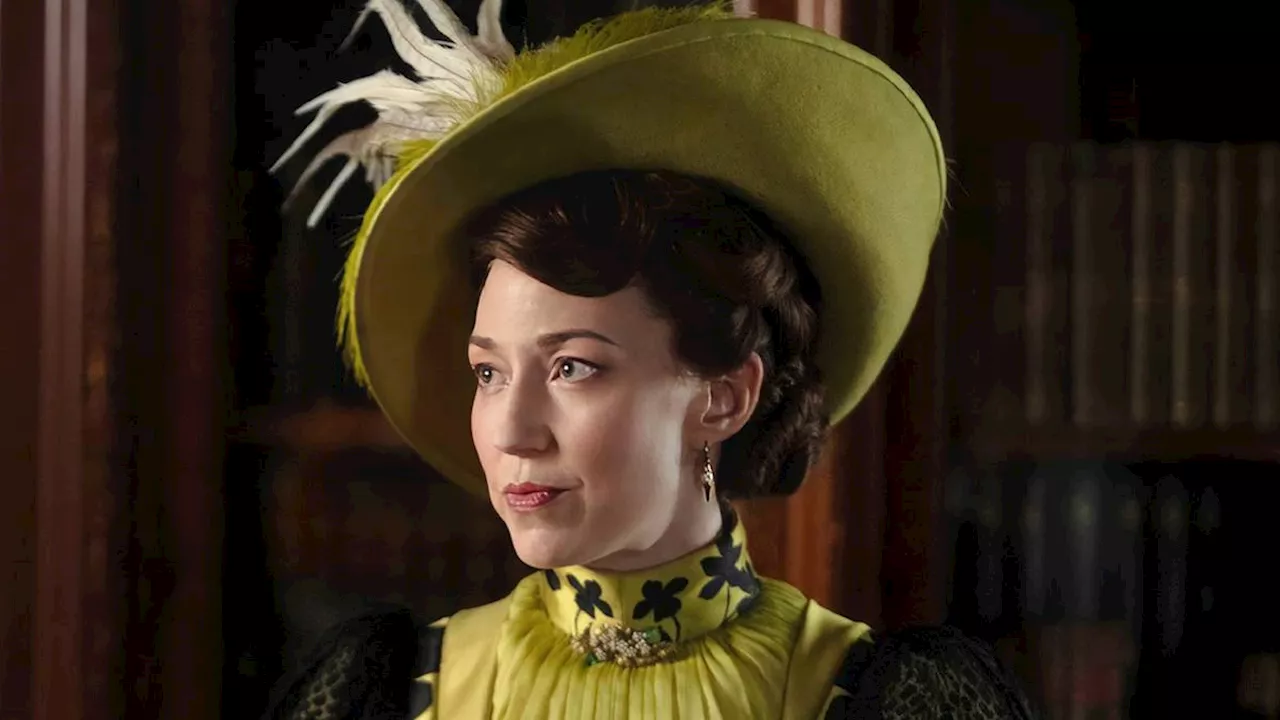Television in 2025 has introduced a host of morally ambiguous characters that captivate audiences. These figures often exist in a complex moral landscape, challenging viewers’ perceptions of right and wrong. From ruthless vigilantes to self-serving manipulators, these characters remind us that the lines between hero and villain are often blurred.
Wednesday Addams in ‘Wednesday’
Portrayed by Jenna Ortega, Wednesday Addams has evolved into an iconic character for a new generation. The Netflix series presents her as a figure who prioritizes her goals above all else, often resorting to questionable actions without regard for morality. Whether she harms classmates or shows indifference to others’ suffering, her character embodies a unique blend of confidence and ruthlessness. Yet, Ortega infuses depth into Wednesday, revealing moments of care for her friends and family, suggesting that her motivations are not purely self-serving.
Georgia Miller in ‘Ginny & Georgia’
In the popular series ‘Ginny & Georgia,’ Brianne Howey portrays Georgia Miller, a character whose past is riddled with emotionally charged decisions. Georgia’s history includes manipulation and theft, which she justifies as necessary for her family’s survival. This moral ambiguity creates tension, as viewers grapple with her actions and their impact on her children. The latest season highlights the consequences of Georgia’s choices, raising questions about the moral legacy she leaves behind.
Deborah Vance in ‘Hacks’
Fans often find themselves torn between love and disdain for Deborah Vance, played by Jean Smart in ‘Hacks.’ Vance is a complex character who oscillates between being a self-centered comedian and a dedicated mentor. Her treatment of others, particularly her assistant Ava, can be abrasive, yet Smart’s performance ensures that viewers remain invested in her journey. Despite her flaws, Vance’s work ethic and humor resonate, making her a quintessential morally gray character.
Bertha Russell in ‘The Gilded Age’
Carrie Coon brings to life Bertha Russell in ‘The Gilded Age,’ a character whose ambitions lead her down morally questionable paths. Initially portrayed as a devoted mother, Bertha’s desire for social status leads her to manipulate those around her, including her own family. The recent season highlights her increasingly desperate actions, such as forcing her daughter into a marriage for status, prompting viewers to ponder whether her aspirations are worth the personal costs.
Carl Morck in ‘Dept. Q’
In Netflix’s ‘Dept. Q,’ Matthew Goode plays Carl Morck, a detective whose ego often overshadows his sense of justice. His abrasive demeanor and disregard for his colleagues reveal a man driven by personal ambition rather than a genuine desire to help. As he navigates his troubled past, Morck’s moral ambiguity becomes evident, leaving viewers questioning the ethics of his methods.
Grace Penn in ‘The Diplomat’
Allison Janney steps into the role of Vice President Grace Penn in ‘The Diplomat,’ a character whose controversial decisions haunt her. After orchestrating a tragic event that resulted in numerous casualties, Penn’s actions raise profound ethical dilemmas. Her rationale for these decisions complicates her character, prompting viewers to weigh the implications of her choices against their human cost.
Mark Scout in ‘Severance’
In the Apple TV series ‘Severance,’ Adam Scott portrays Mark Scout, a character caught in a morally questionable corporate experiment. The show delves into the implications of separating one’s work identity from personal life, raising significant ethical questions. As Mark grapples with the effects of this division, he faces dilemmas that challenge both his morality and mental health.
Dexter Morgan in ‘Dexter: Resurrection’
One of the most enduring morally gray characters is Michael C. Hall‘s Dexter Morgan, a forensic analyst who moonlights as a vigilante serial killer. As the series progresses into its latest iteration, ‘Dexter: Resurrection,’ viewers must confront the moral complexities of Dexter’s actions. His justification for targeting criminals who escape justice forces audiences to question the nature of morality itself.
These characters reflect the essence of storytelling in 2025, illustrating the complexities of human behavior and moral decision-making. As viewers continue to engage with these morally ambiguous figures, they are reminded that the lines between right and wrong are often not as clear as they might seem.
